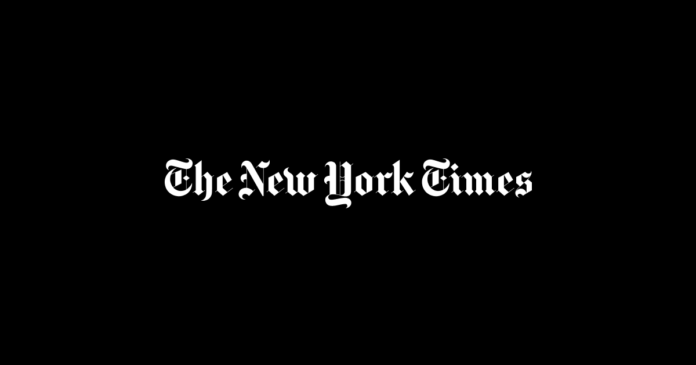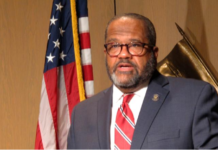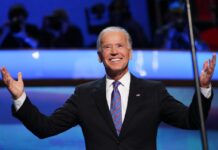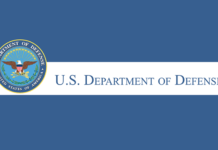Roger W. Robinson Jr., the president of RWR Advisory Group and former chairman of the U.S.-China Economic and Security Review Commission, established by Congress, said the move was a “historic first” for penalties on capital markets.
“This immense new domain of U.S. leverage over China is now here to stay,” he said.
Martin Chorzempa, a research fellow at the Peterson Institute for International Economics, said the order was one of the first steps toward financial decoupling “to actually have any teeth.” However, he said, it would have “essentially zero effect on China’s ability to fund its military and intelligence modernization,” since China does not rely on U.S. capital markets for those purposes.
The order draws on the legal authority of the International Emergency Economic Powers Act, which gives the president broad authority to regulate commerce to respond to unusual and extraordinary threats to the United States. Several other measures for which the president has relied on this authority, including his attempts to ban the Chinese social media services TikTok and WeChat, have faced legal challenges and been halted, at least temporarily, by American courts.
In a statement, Robert C. O’Brien, the national security adviser, said the action “serves to protect American investors from unintentionally providing capital that goes to enhancing the capabilities of the People’s Liberation Army and People’s Republic of China intelligence services, which routinely target American citizens and businesses through cyberoperations.”
Senator Marco Rubio, a Florida Republican who has introduced legislation to bar Chinese companies with military ties from U.S. exchanges, also welcomed the move.
“The Chinese Communist Party’s exploitation of U.S. capital markets is a clear and ongoing risk to U.S. economic and national security,” he said. “Today’s action also lays down a clear marker for U.S. policy going forward — we can never put the interests of the Chinese Communist Party and Wall Street above American workers and mom-and-pop investors.”
Trade experts have speculated whether Mr. Trump might introduce more tough measures on China in his final months in office, including further sanctions for China’s human rights violations in Hong Kong and the Xinjiang region. The administration has tried to set the country on a course to decouple its economy from China’s, and several of the president’s advisers are still bitter at China for its role as the source of the coronavirus, which they see as a major contributor to Mr. Trump’s electoral loss.












